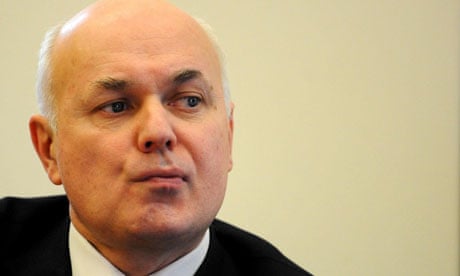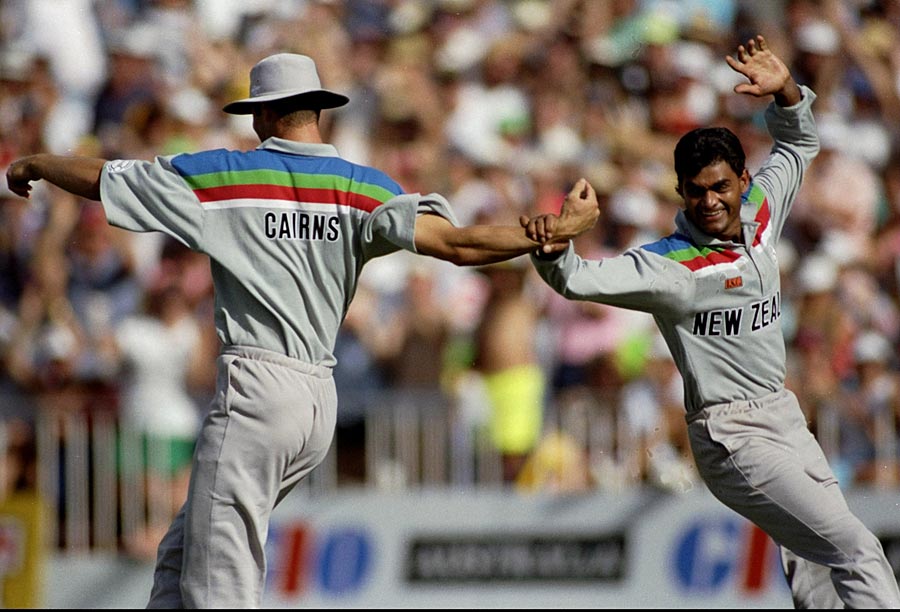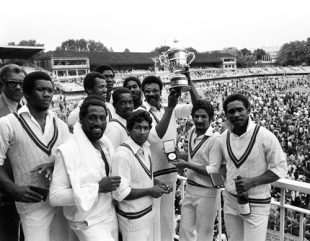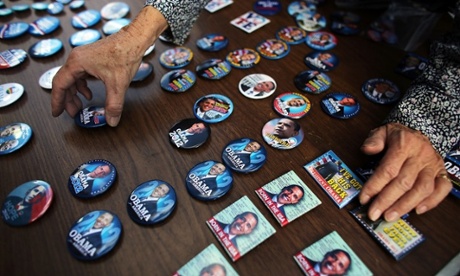Post-truth politics isn’t a coherent description of the world but a cry of despair. Propositions have not stopped being right or wrong just because of the invention of Facebook. Whatever the authoritarian cults who rage across Twitter say to the contrary, the Earth still goes round the sun and two plus two still equals four.
“Everything is relative. Stories are being made up all the time. There is no such thing as the truth,” cried Anthony Grayling. But unless the professor has abandoned every philosophical principle he has held, what Grayling and millions like him mean is something like this. Donald Trump, Boris Johnson, and other liars the like of which they cannot remember, have made fantastical promises to their electorates. They said they could build a wall and make Mexico pay for it or make Britain richer by crashing her out of the EU.
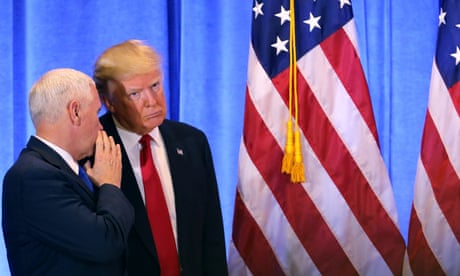
But instead of laughing at their transparent falsehoods or being insulted at being taken for fools, blocs of voters have handed them victory. Evidence could not shake them. Common sense could not reach them. Surely, their gullibility shows we have arrived in a new dystopia. You can see why they got that way. Trump is clear that the checks and balances that restrained power in the old world will not apply to him. His refusal to release his tax returns shows it. The Russian dissident Garry Kasparov put the urgent case for transparency best when he said Trump has criticised Republicans, Democrats, the pope, the CIA, FBI, Nato, Meryl Streep… everyone and anyone “except Vladimir Putin”.
What gives here? And more to the point, who’s on the take? I see an ideological affinity between Russian autocracy, the western far left and the western populist right: they band together against the common enemy of liberal democracy. But it has always been reasonable to ask whether the traditional inducements of sex and money have tightened Putin’s grip on Trump.
You could lay this canard to rest by publishing your tax returns, American journalists told their president-elect. You must know the American public wants to see them.
The public doesn’t care, Trump replied. I went into an election refusing to release my tax returns and “I won.” So now I can do what I want.
His spokeswoman, Kellyanne Conway, who could work for a Russian propaganda channel when she’s thrown out of politics, uses the same logic when asked whether it is “presidential” for her master to lie so often and so blatantly. “He’s the president-elect, so that’s presidential behaviour.”
The British are experiencing their own version of Trumpish triumphalism. In our case, too, the answer to every hard question is a brute proclamation of power. Are you seriously going to take us out of the single market? Leave won. And the customs union? Leave won. What about EU citizens here? Leave won. And British citizens there? Leave won.
Fighting back should be easy – if you cannot expose charlatans such as Trump and Johnson, you should step aside a make way for people who can. But a terrible uncertainty grips opposition politics across the English-speaking world. Trump’s victory strikes me as a far greater cause for self-doubt than Brexit. Because we never had to endure invasion by Hitler or Stalin, or government by Greek colonels or Spanish falangists, the British did not have the same emotional attachment to an EU that freed the rest of Europe from a terrible past.
Even if, as I do, you regard the decision to leave as a monumental blunder, it is not, given Britain’s lucky history, inexplicable. Trump’s victory, by contrast, overturns truths that western liberals felt to be self-evident. You cannot abuse women and ethnic minorities. You cannot lie in your every second utterance. If you do, the media will expose and destroy you.
I can’t find a better way of illustrating the demoralising change in the weather than by referring you to Alan Ryan’s history of western political thought, On Politics. I don’t mean to criticise Ryan. He has produced a vast and brilliant book that stands comparison with Bertrand Russell’s History of Western Philosophy. But unlike Russell, who was gloriously waspish and prejudiced, Ryan is a careful writer and his rare opinionated judgments are all the more authoritative for that.
In 2013 he, like nearly every serious person, could say with absolute certainty that, despite its legion of faults, the 21st century was better than the 20th. For instance, Ryan explained, Governor George Wallace’s infamous battle cry of the 1950s – “I will never be out-niggered”, after he had been beaten by a politician who was even more of a racist than he was – “would today instantly terminate his career”.
Yet in 2016, Trump echoed Wallace and far from seeing his career terminated became president of the United States, an office that Wallace never came near, incidentally. After that, I can understand why the disoriented talk about a post-truth world, but it remains a sign of their trauma rather than a description of our times.
It is as dangerous to overestimate the importance of technological change as to underestimate it. There was no web in 1968, and US broadcasters had to be accurate and impartial. The old world of 20th-century technology did not, however, stop George Wallace winning millions of white, working-class voteswhen he ran for president as an open white supremacist. Wallace was beaten by Richard Nixon, a closet racist and crook.
When his crimes caught up with him, Nixon declared that he could not be prosecuted because “when the president does it, that means it is not illegal”, a line that Conway might have written for him.
Post-truth world or not, a Republican abolition of Obamacare will still leave white, working-class Americans who voted for Trump to rot without decent treatment, a hard Brexit will still hurt the British working class more than their rightwing leaders, the Earth will still go round the sun, and two plus two will still equal four.
To pretend that we are living in a culture without historical precedent is to make modernity an excuse for the abnegation of political responsibility. The question for the Anglo-Saxon opposition is not how to cope with a world where truth has suddenly become as hard to find as Trump’s tax returns. It is the same question that has faced every opposition in the history of democracy: how can we make the powerful pay for the lies they have fed to the masses?

